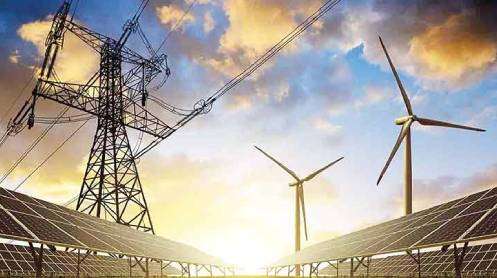ISLAMABAD: The Power Division has invited comments from stakeholders on proposed amendments related to the Competitive Trading Bilateral Contract Market (CTBCM), under the National Electricity Plan (NEP) 2023–27, as part of efforts to liberalise Pakistan’s electricity market. Stakeholders have been asked to submit their input by May 18, 2025.
The proposed amendments to Strategic Directive #87 include the initiation of open access with an initial allocation of 800MW capacity for the first five years—subject to revision based on market conditions. The amendments aim to align with Clause 5.5.2(g) of the National Electricity Policy 2021 and introduce a structured framework for cost recovery linked to market liberalisation, particularly stranded capacity costs.
Under the revised proposal, consumers opting for open access will be required to pay grid charges, market operator fees, cross-subsidy costs, and capacity charges. If the government reduces these charges, it must fund the shortfall, subject to verification by a third-party consultant and fiscal availability.
A key addition is a framework to recover stranded costs in a fair and transparent manner, ensuring no burden is placed on last resort consumers. The federal government would retain the authority to revise frameworks in line with market developments and social policy objectives.
However, the Korangi Association of Trade & Industry (KATI) has strongly opposed the imposition of stranded cost recovery on competitive market participants. KATI argues that this retroactive cost-sharing contradicts the core principles of open access and deters migration to competitive markets. The association recommends market-based capacity auctions and ancillary service procurement from idle capacity instead.
KATI also cautioned against early inclusion of hybrid bulk power consumers—those sourcing from both Supplier of Last Resort (SoLR) and competitive suppliers—due to concerns over load forecasting, free-riding behavior, and imbalance settlement. It urged ring-fenced metering and enforceable capacity allocation before allowing dual sourcing.
The association further advocated for the inclusion of DISCOs and K-Electric as competitive suppliers, implementation of a dual-tariff structure for industrial users, and strict compliance of inverters with NEPRA and IEEE grid codes—citing recent blackouts in Spain and Portugal as a cautionary example.
Story by Mushtaq Ghumman







